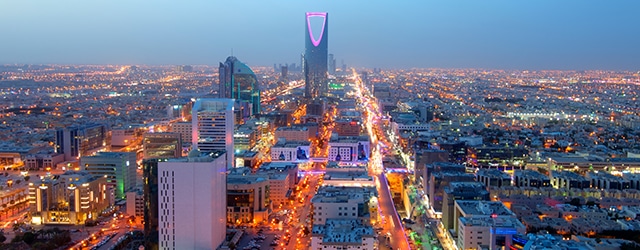Economic reforms are hampered by worries they might undo the tacit cradle-to-grave social compact between the monarchy and Saudi citizens that provides a safety net in return for political stability.

Saudi Arabia hiked its value-added tax (VAT) and announced new spending cuts in response to the collapse in oil prices and the Covid-19 pandemic, which could force a shake-up of the kingdom’s sprawling public sector. Public sector wages account for as much as 40% of government spending, and were as high as 45% before Crown Prince Mohammed bin Salman ordered cutbacks as part of Vision 2030, an initiative to diversify the economy.
Economic reforms are hampered by worries they might undo the tacit cradle-to-grave social compact between the monarchy and Saudi citizens that provides a safety net in return for political stability. The model has been the centerpiece of government strategy not just in Saudi Arabia but among all energy-centric Gulf economies. Policymakers may have to downsize the Gulf’s bloated public sector to match fiscal realities.
Last month, Saudi Arabia tripled the VAT from 5% to 15%; cut cost-of-living allowances to public sector employees, pensioners and students; and pledged further spending cuts in response to declining revenue. The government hopes it will save 100 billion Saudi riyal ($26 billion) or approximately 4% of GDP, and gain up to SAR120 billion from July’s increase in VAT, according to Moody’s Investors Service.
Still, getting Saudi nationals into the private sector is no quick fix, says Mohamed Abu Basha, head of macroeconomic analysis at EFG Hermes. “This is something that will happen over years, [and] in the interim, governments will resort to spending cuts in other areas as well as increases in taxation/fees.”
Riyadh’s decision to increase VAT puts it at odds with Bahrain and the United Arab Emirates, where rates are only 5%, and could dent fragile private-sector sentiment already reeling from the severe downturn. Analysts say the move could also hurt competitiveness, which would set back efforts to move more nationals out of cushy government positions.
But the clock is ticking on the Gulf region’s bureaucratic overhang. Mohammed bin Rashid, UAE vice president and Dubai’s ruler, has said some ministries could be merged under reforms.



